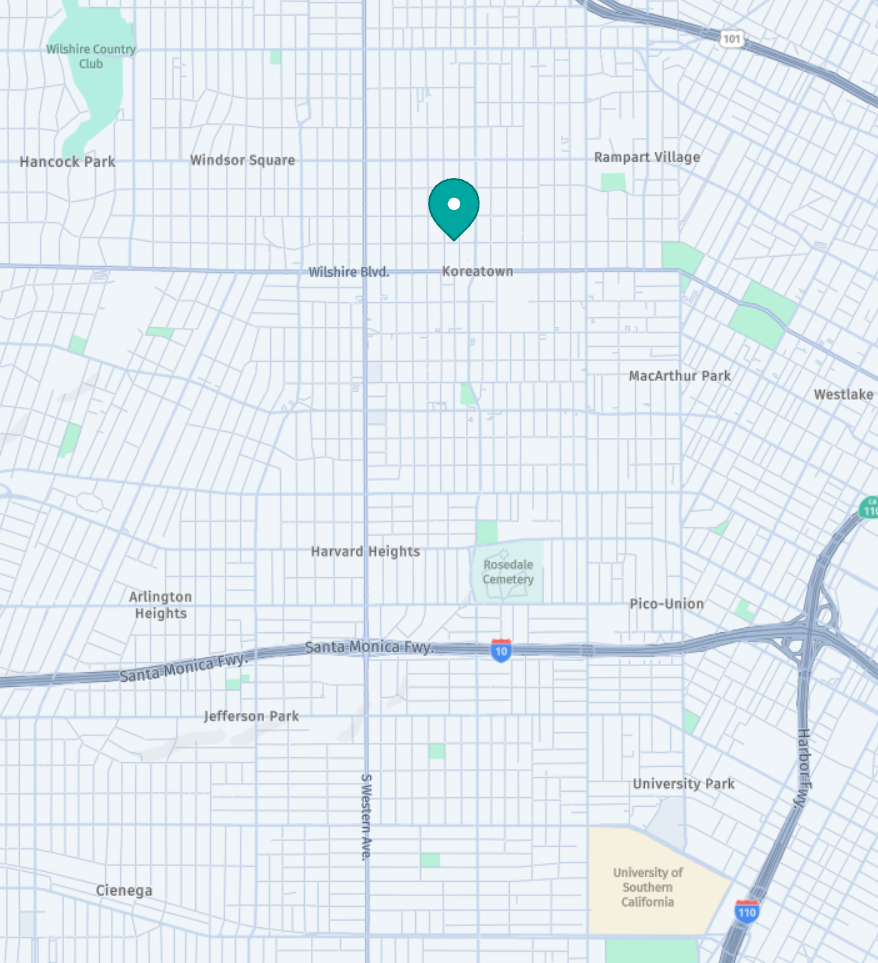Restless Legs Syndrome in Hollywood, CA
Are you experiencing an irresistible urge to move your legs, especially at night? This could be a sign of Restless Legs Syndrome (RLS), a condition that affects many individuals, causing discomfort and disruption in their daily lives. At the Vein and Wound Center of LA, we understand the challenges of living with restless legs and are here to provide effective solutions to help you regain your quality of life.
Led by the renowned Dr. Christopher Kim, our center in Los Angeles specializes in diagnosing and treating various vein disorders, including RLS. With a commitment to compassionate care and a track record of successful outcomes, the Vein and Wound Center of LA is your trusted partner in managing restless legs and associated symptoms.
What is Restless Legs Syndrome and What Causes It?
Restless Legs Syndrome (RLS), also known as Willis-Ekbom disease, is a neurological condition characterized by an irresistible urge to move the legs, often accompanied by uncomfortable sensations such as tingling, crawling, itching, or pulling. These sensations typically occur during periods of rest or inactivity, particularly in the evening or at night, and can significantly disrupt sleep and overall quality of life.
While the exact cause of RLS is not fully understood, research suggests it may be linked to an imbalance in dopamine, a chemical in the brain that plays a key role in regulating muscle movement. Other contributing factors may include genetic predisposition, iron deficiency, certain chronic diseases (such as kidney failure or diabetes), and the use of specific medications.
In many cases, symptoms are temporarily relieved by movement, such as stretching, walking, or changing positions.
Common Symptoms of Restless Legs Syndrome
- A strong, often uncontrollable urge to move the legs
- Sensations of tingling, crawling, itching, or burning
- Symptoms that intensify during rest, especially in the evening or at night
- Relief with movement, such as walking or stretching
- Difficulty falling or staying asleep due to leg discomfort and restlessness
If left unmanaged, RLS can contribute to chronic sleep deprivation, mood disturbances, and decreased daytime functioning, making early diagnosis and treatment important.
How Restless Legs Syndrome Relates to Vein Disease
Some patients who experience RLS-like sensations also have underlying venous insufficiency. Increased pressure in the leg veins can create crawling or throbbing sensations at night, which may mimic or aggravate RLS. People with swelling, aching, heaviness, or visible varicose veins are more likely to experience nighttime leg discomfort linked to circulation rather than a neurologic cause. When venous issues are present, addressing them can help reduce these symptoms.
Treatment Options for Restless Legs
Patterns that suggest a venous component include:
- Symptoms that worsen at the end of the day
- Discomfort that improves with leg elevation
- Visible varicose veins or ankle discoloration
- Symptoms focused in the calf or ankle
- Nighttime throbbing or pressure that differs from classic neurologic RLS
These clues help determine when a vein-focused evaluation is appropriate.
How RLS Is Diagnosed at Vein and Wound Center of LA
A visit for RLS evaluation typically includes:
• Review of symptoms, triggers, and sleep patterns
• Assessment of swelling, skin changes, or visible veins
• Duplex ultrasound when venous insufficiency is suspected
• Review of medications and medical history
• Discussion of iron levels or other laboratory issues if appropriate
This approach helps distinguish neurological RLS from venous-driven leg discomfort.
Non-Vein Causes to Consider
Part of a thorough evaluation is ruling out conditions that can mimic or worsen RLS, including:
• Iron deficiency
• Peripheral neuropathy
• Medication reactions
• Pregnancy
• Kidney disease
Identifying contributing factors helps guide our care.
How RLS Can Progress
RLS may remain stable for many years or gradually worsen, especially when underlying conditions such as venous insufficiency, iron deficiency, or neuropathy remain untreated. Symptoms often become more persistent at night, disrupt sleep, and interfere with energy levels during the day. Understanding progression helps determine when targeted care is needed.
Home Treatments for Restless Legs
Some patients notice improvement with:
• Evening stretching
• Regular physical activity
• Reducing caffeine and alcohol
• Heat, massage, or warm baths
• Maintaining a consistent sleep routine
• Elevating the legs to reduce pressure
These measures may help reduce discomfort between medical visits.
When to Seek Medical Care
Consider scheduling an evaluation if:
• Symptoms disrupt sleep
• Discomfort becomes more frequent or intense
• Swelling, heaviness, or skin changes develop
• Over-the-counter or lifestyle approaches are no longer helpful
• Visible varicose veins accompany symptoms
• Only one leg is affected, or symptoms change suddenly
Early evaluation can help identify both neurologic and venous contributors.
How We Can Help at Vein and Wound Center of LA
At the Vein and Wound Center of LA, we offer comprehensive evaluations to determine the underlying causes of your restless legs. Our approach is tailored to each patient, ensuring you receive the most effective treatment options. Dr. Kim’s extensive expertise in vein disorders allows us to explore various minimally invasive treatments that can significantly improve your symptoms.
Treatment Options for Restless Legs
Depending on your specific condition, treatment options may include:
• Lifestyle modifications, such as regular exercise and improving sleep habits
• Medications to balance dopamine levels or alleviate symptoms
• Compression stockings to improve blood flow
• Advanced vein treatments, if varicose veins contribute to your symptoms
Why Choose Vein and Wound Center of LA?
Choosing the right healthcare provider is essential for effectively managing Restless Legs Syndrome. At the Vein and Wound Center of LA, your care is led by Dr. Christopher Kim, a physician who earned his medical degree magna cum laude from St. George’s University and completed surgical training at Harbor-UCLA Medical Center. With extensive expertise in vein disorders and a deep understanding of conditions that contribute to RLS, Dr. Kim provides individualized, results-driven treatment. Our clinic combines advanced diagnostics with the latest minimally invasive therapies to support your comfort. We take a compassionate, patient-focused approach because we understand how significantly RLS can impact daily life and well-being.
Frequently Asked Questions
Is Restless Legs Syndrome the same as venous insufficiency?
No. They are separate conditions, but venous disease can create sensations that feel similar. Some patients have both, which is why evaluation is important.
Can vein problems contribute to restless legs?
For some individuals, yes. Venous pressure can worsen nighttime leg sensations, especially when swelling or heaviness is present.
Do all patients with restless legs need an ultrasound?
Not always. Ultrasound is recommended when symptoms or physical findings suggest a venous component.
Does treating varicose veins help RLS?
Some patients notice improvement when venous insufficiency is addressed, particularly if their symptoms worsen at night or improve when elevating the legs.
Do compression stockings help?
Compression may help when swelling or venous pressure plays a role, but it does not address neurologic causes.
When should I see a vein specialist for RLS?
When symptoms interfere with sleep, occur with swelling or visible veins, or persist despite standard neurologic or lifestyle measures.

Take Control of Your Restless Legs in Los Angeles, CA
Don’t let restless legs disrupt your life any longer. Schedule a consultation with Dr. Christopher Kim at the Vein and Wound Center of LA today. Our team is dedicated to helping you find relief and improve your quality of life. Contact us at (213) 654-8346 to take the first step toward managing your symptoms and enjoying restful nights again.
